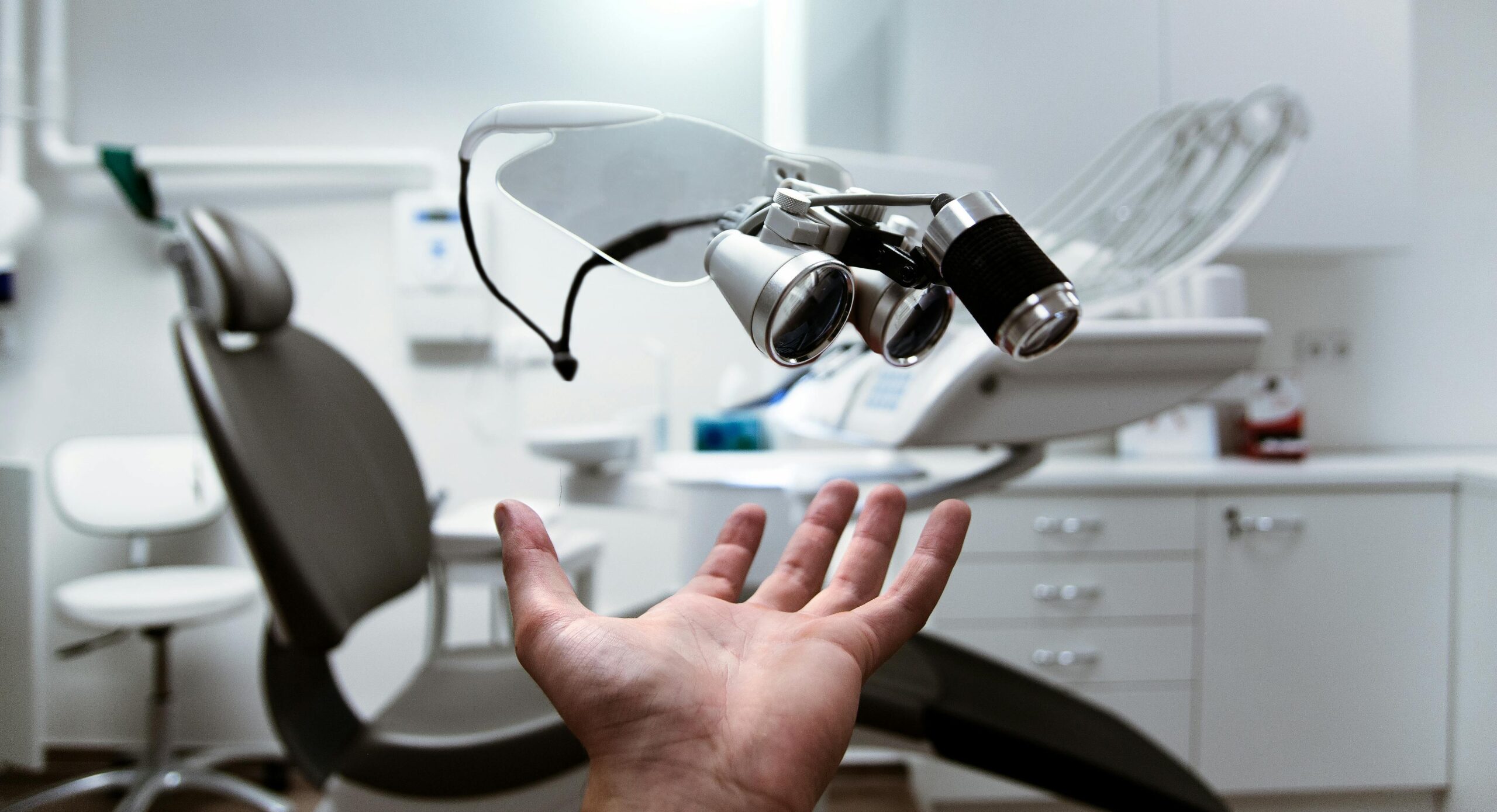Navigating Modern Healthcare: What to Expect from Clinics and Treatment Options Today

In today’s fast-paced world, accessing quality healthcare efficiently has become more important than ever. Clinics play a crucial role in this ecosystem, offering a wide range of treatments that cater to both acute and chronic conditions. Whether you’re visiting for a routine checkup or seeking specialized care, understanding how clinics operate and what treatment options are available can empower you to make better health decisions.
What Is a Clinic?
A clinic is a healthcare facility primarily focused on the care of outpatients. Unlike hospitals, clinics generally do not offer overnight stays but are equipped to handle consultations, minor procedures, and ongoing treatments. Clinics can be general or specialized—offering services in areas such as dermatology, dentistry, physiotherapy, mental health, or pediatrics.
Types of Clinics
General Practice Clinics: These provide primary care services and are often the first point of contact for patients. General practitioners diagnose a wide range of conditions and refer patients to specialists if needed.
Specialty Clinics: These focus on specific areas of medicine. Examples include cardiology clinics, orthopedic clinics, and fertility clinics.
Walk-In or Urgent Care Clinics: Designed for convenience, these clinics treat non-life-threatening conditions without the need for appointments.
Telemedicine Clinics: With the rise of digital healthcare, many clinics now offer virtual consultations, making healthcare more accessible.
What Treatments Are Offered?
Treatment options vary depending on the clinic’s focus, but common services include:
Preventive Care: Vaccinations, screenings, and wellness checkups.
Diagnostic Services: Blood tests, imaging (X-rays, MRIs), and physical exams.
Medical Management: Treatment for chronic illnesses like diabetes, asthma, or hypertension.
Minor Procedures: Wound care, mole removal, or joint injections.
Therapeutic Services: Physical therapy, counseling, or nutritional advice.
Choosing the Right Clinic
When selecting a clinic, consider the following:
Reputation and Reviews: Check online reviews and testimonials.
Credentials: Ensure the staff is qualified and the clinic is accredited.
Accessibility: Consider the location and hours of operation.
Insurance Compatibility: Confirm if your insurance is accepted.
What to Expect During a Visit
Expect a streamlined process: registration, initial consultation, potential diagnostics, and a treatment plan. Good clinics emphasize patient education and follow-up care to ensure recovery or effective management of ongoing conditions.
The Future of Clinics and Treatment
With advancements in technology and a shift toward patient-centered care, clinics are evolving. AI-driven diagnostics, personalized treatment plans, and integrative approaches that combine conventional and holistic medicine are becoming the norm.
Conclusion
Clinics are the frontline of modern healthcare. Whether you’re dealing with a new symptom or managing a long-term condition, knowing what to expect can reduce anxiety and improve your overall experience. Always seek out clinics that prioritize quality care, transparency, and a holistic approach to health and wellness.
